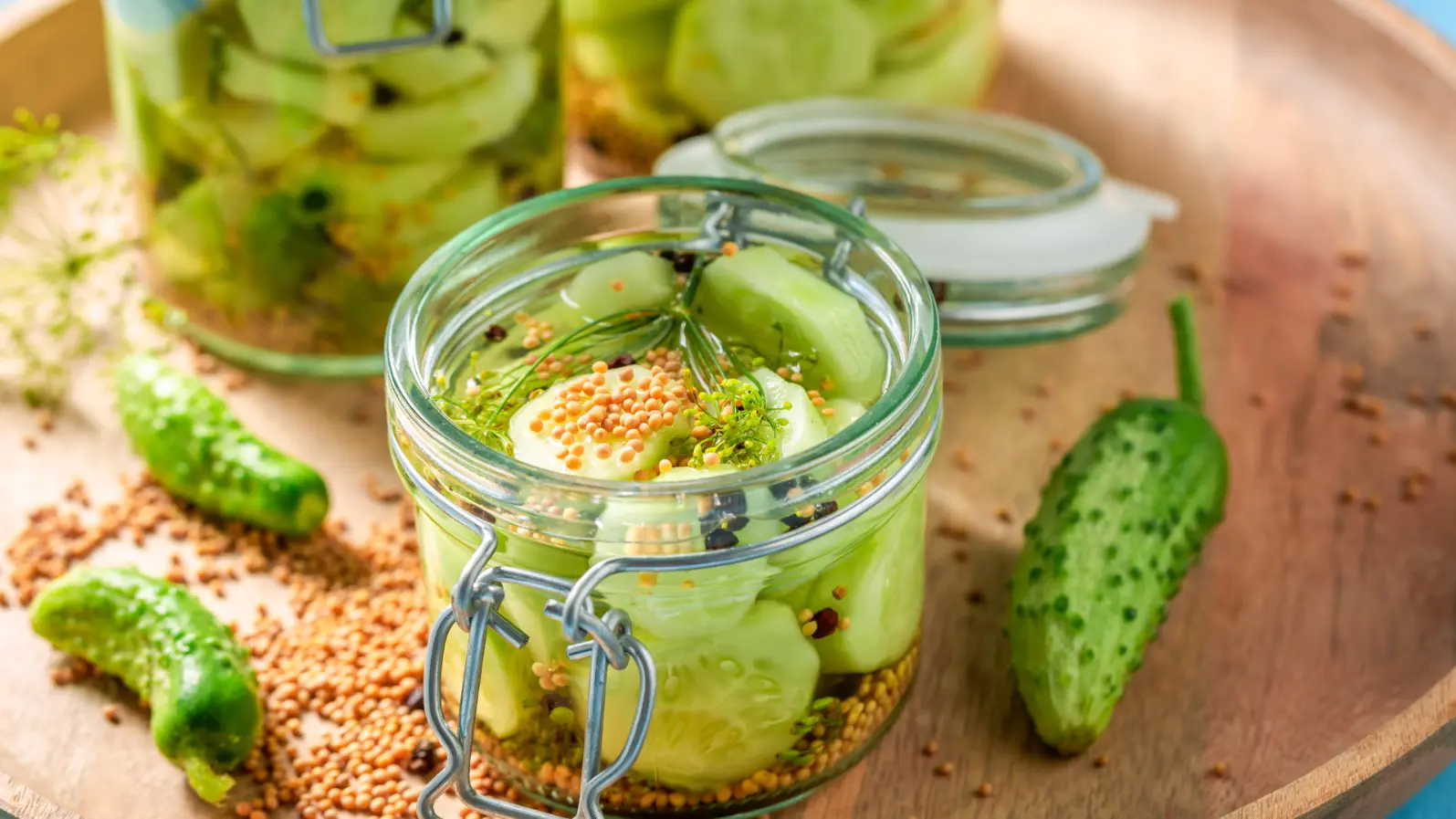
Harnessing “Pickle Power” to Fight Tooth Decay
The Hidden Allies in Fermented Foods
Fermented foods have long been valued for their flavor and health benefits but scientists are now discovering that they may also help protect our teeth. A team from Sichuan University, China, has found that a strain of Lactobacillus plantarum isolated from traditional Sichuan pickles can inhibit the main bacterium responsible for tooth decay, Streptococcus mutans.
This study, published in Frontiers in Microbiology, suggests that “good bacteria” from pickles might someday become part of probiotic oral care products or even functional foods for better dental health.
Why Focus on Streptococcus mutans?
Tooth decay, or dental caries, is one of the world’s most common diseases. It begins when bacteria in the mouth form sticky biofilms (plaque) on tooth surfaces and produce acids that erode enamel. Among these microbes, S. mutans is a key culprit.
Conventional treatments like brushing, flossing, and using antibacterial mouthwashes can reduce plaque but often disturb the natural balance of bacteria in the mouth. Researchers have been exploring probiotics as a gentler, more targeted way to combat harmful bacteria while preserving beneficial ones.
From Pickles to the Lab
The Sichuan research team screened 54 strains of Lactobacillus isolated from local pickles to test their ability to inhibit S. mutans. One strain stood out: Lactobacillus plantarum K41.
Under the microscope, the scientists observed that L. plantarum K41 drastically reduced S. mutans’ ability to form sticky exopolysaccharides the “glue” that holds biofilms together. The biofilms became thinner and less structured when the two bacteria were cultured together.
K41 also showed strong survival under acidic and salty conditions, suggesting that it could withstand the harsh environment of the human mouth.
Testing in Living Models
To confirm its effects beyond the lab, the researchers tested L. plantarum K41 in rats infected with S. mutans. Rats that received daily treatments with the probiotic had fewer and milder cavities than untreated rats. Their tooth enamel also retained more minerals a sign of better protection against demineralization.
Interestingly, K41’s effects were comparable to chlorhexidine, a standard antibacterial mouthwash, but without the risk of disturbing oral microbiota balance or causing side effects like tooth staining.
A Natural Probiotic Approach
The findings suggest that L. plantarum K41 could serve as a natural probiotic agent for preventing tooth decay. Because it originates from a food source, it may be safe and suitable for use in everyday products such as yogurts, lozenges, or rinses designed to support oral health.
While the results are promising, the researchers note that further studies are needed to explore how long K41 can persist in the human mouth and whether it can protect against more complex dental issues like root caries.
The Takeaway
This research highlights an exciting intersection of traditional food and modern microbiology: beneficial microbes from fermented pickles may help us fight harmful bacteria that cause cavities. As scientists continue to explore nature’s microbial diversity, we may one day find that the key to a healthier smile lies not in the pharmacy but in the pickle jar.
Reference:
Zhang, G., Lu, M., Liu, R., Tian, Y., Vu, V. H., Li, Y., Liu, B., Kushmaro, A., Li, Y., & Sun, Q. (2020). Inhibition of Streptococcus mutans Biofilm Formation and Virulence by Lactobacillus plantarum K41 Isolated From Traditional Sichuan Pickles. Frontiers in Microbiology, 11, 774.